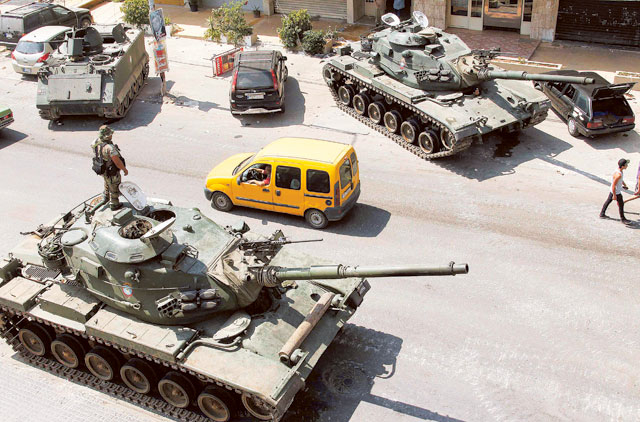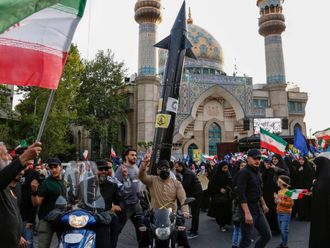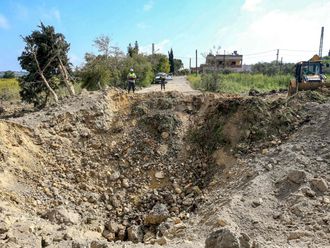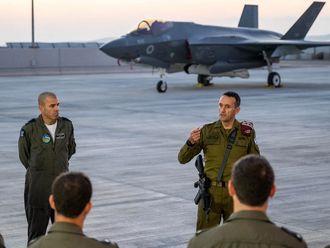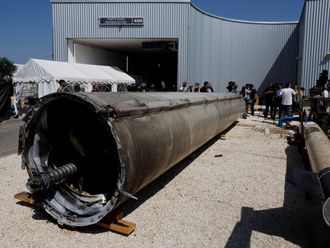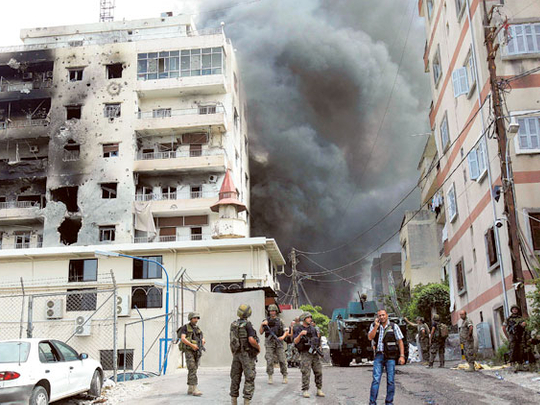
Beirut: After a decisive military push against a collection of rag-tag armed elements that supported the radical Shaikh Ahmad Al Assir in Sidon, the Lebanese Armed Forces (LAF) benefited from massive popular backing, with many hoping that security services will now subdue all other militarised gangs.
That, regrettably, was not on the cards, because politicians were not ready to grant the LAF a free hand to impose law and order.
Given the across-the-board paralysis that hit the Cabinet, the Judiciary, Parliament, and even the Constitutional Council, many looked to the Army to rescue the country’s last remaining institution.
That was the reason why the LAF received near unanimous encouragement even if troubling questions lingered regarding the behaviour of some poorly trained troops in Sidon whose sectarian penchants were all too visible against Sunnis.
Far more serious were ongoing security breaches in Tripoli, where 15 soldiers were killed during the past year with hardly a peep from the Ministry of Defence, because the primary culprit was a Hezbollah and Syrian acolyte.
When Rifaat Eid from the pro-Syrian Alawite-dominated Arab Democratic Party launched various attacks on LAF elements, few officers mustered the courage to voice their opprobrium. Even fewer lodged a complaint when Hezbollah downed a Lebanese army helicopter on August 28, 2008 and killed Samir Hanna, a first lieutenant in the tiny air force, because the aircraft allegedly strayed in a zone where the LAF was not authorised to fly.
Hardly any LAF officer opined why the military were so emasculated.
To be sure, the LAF enjoyed widespread popular respect, but that was likely to be insufficient in the months and years to come, unless its officers demonstrated complete impartiality to only serve the interests of the country.
In fact, a leading Tripoli preacher openly complained that the LAF only targeted Sunnis in its attempts to restore security, which was certainly correct.
Whether the LAF will now muster the courage to declare a state of emergency in Lebanon was on everyone’s mind.
Many citizens wondered whether it would manage to subdue Hezbollah, and take over the military authority from those who stand above the law.
Short of that, few ought to be surprised when “dormant cells” of the same ilk as the Al Assir phenomenon will surface and spread havoc, which would gradually weaken the LAF and seal its fate.


